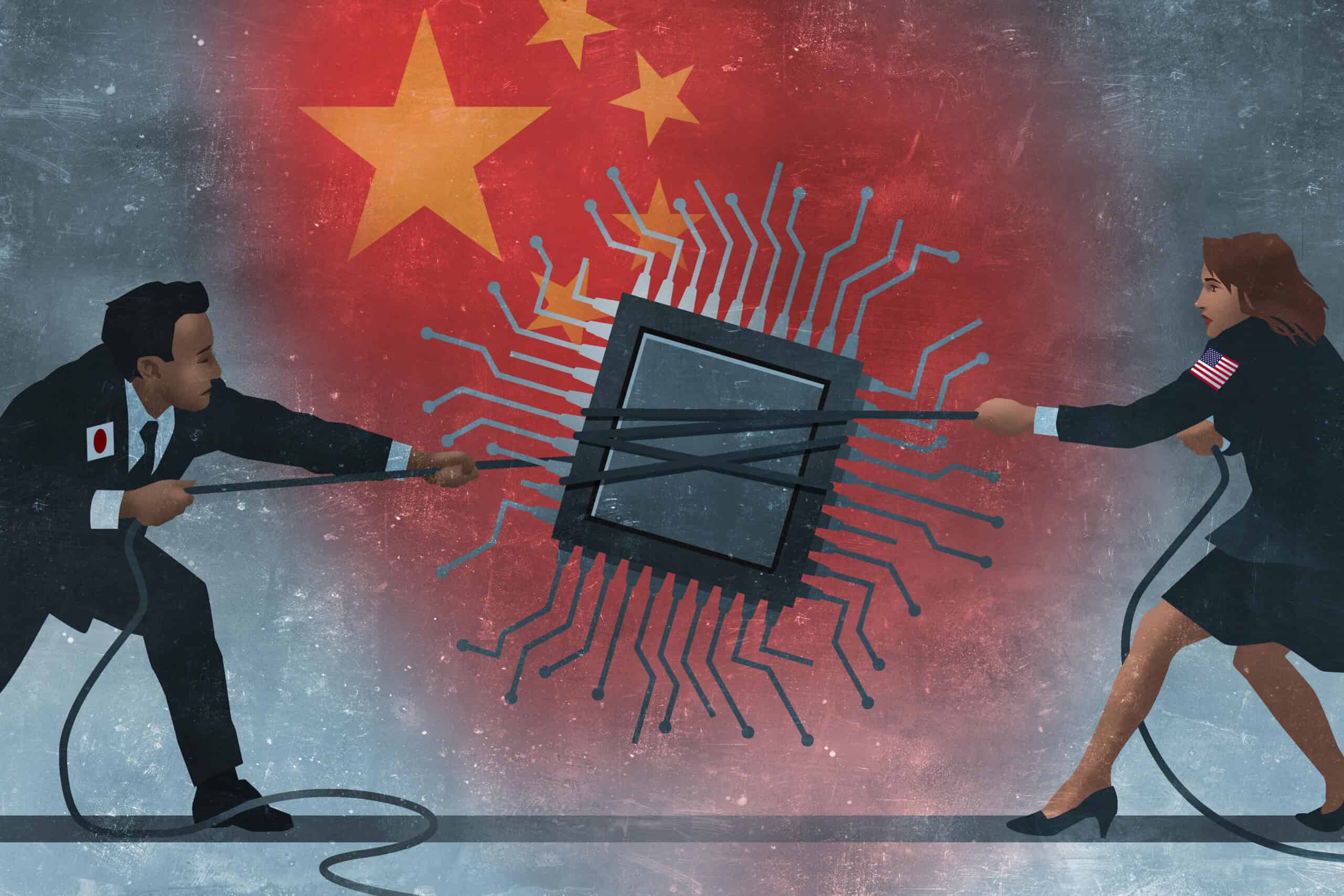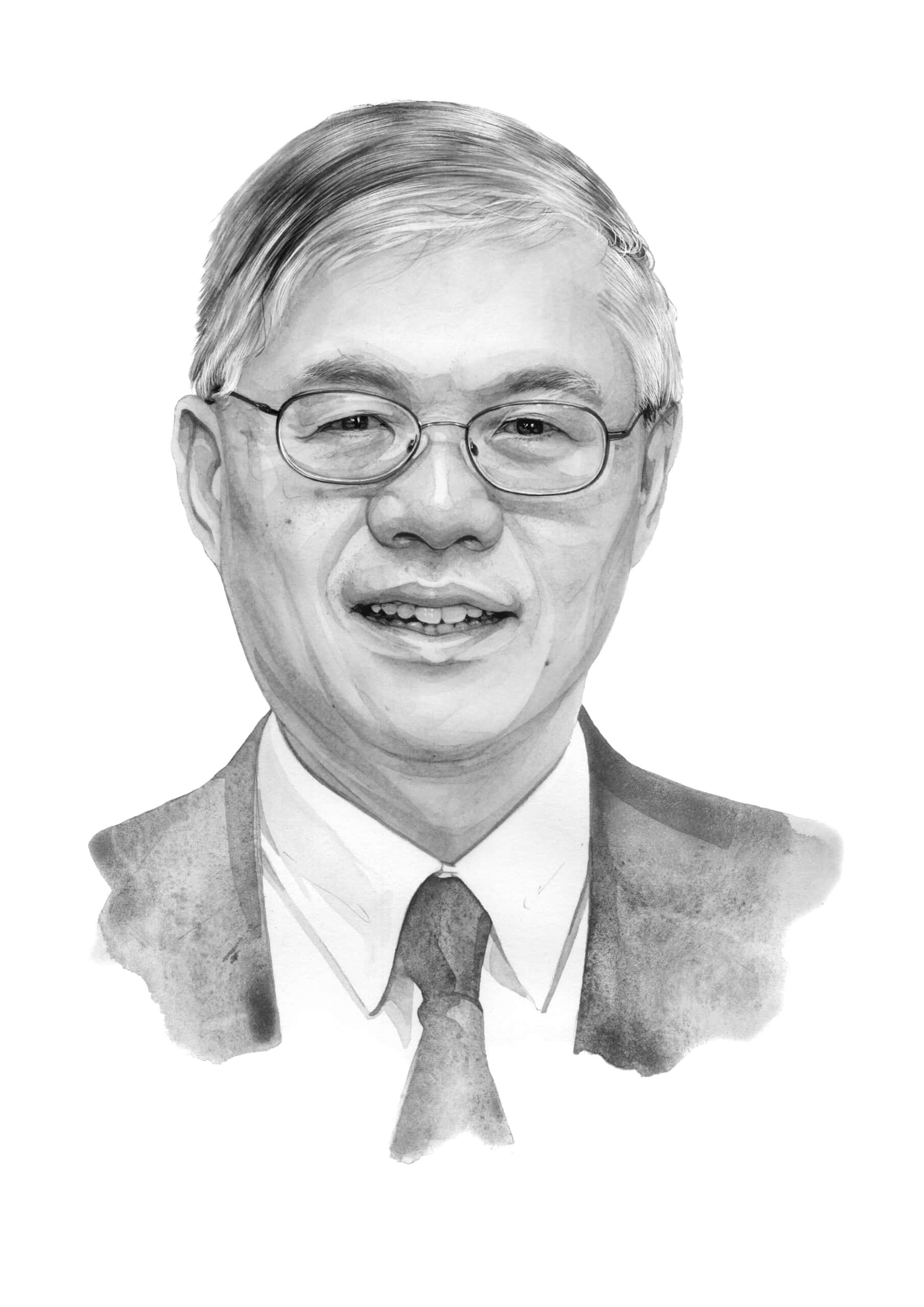Good evening. So far, Eyck Freymann’s series, The Warming War, has taken The Wire readers behind the scenes to understand how both the U.S. and China are approaching climate change and climate diplomacy. Now, his third part in the series takes readers to Greenland to explore how one of the places most affected by climate change is ground zero for the new game of climate geopolitics. Elsewhere, we have infographics on the triumph of Shenzhen-based cell phone maker Transsion; an interview with Jörg Wuttke on China’s self-destruction; a reported piece on how Chinese biotech company BGI is shaking up sequencing; and an op-ed about how China is impacting the UK prime minister race. If you’re not already a paid subscriber to The Wire, please sign up here.
Want this emailed directly to your inbox? Sign up to receive our free newsletter.
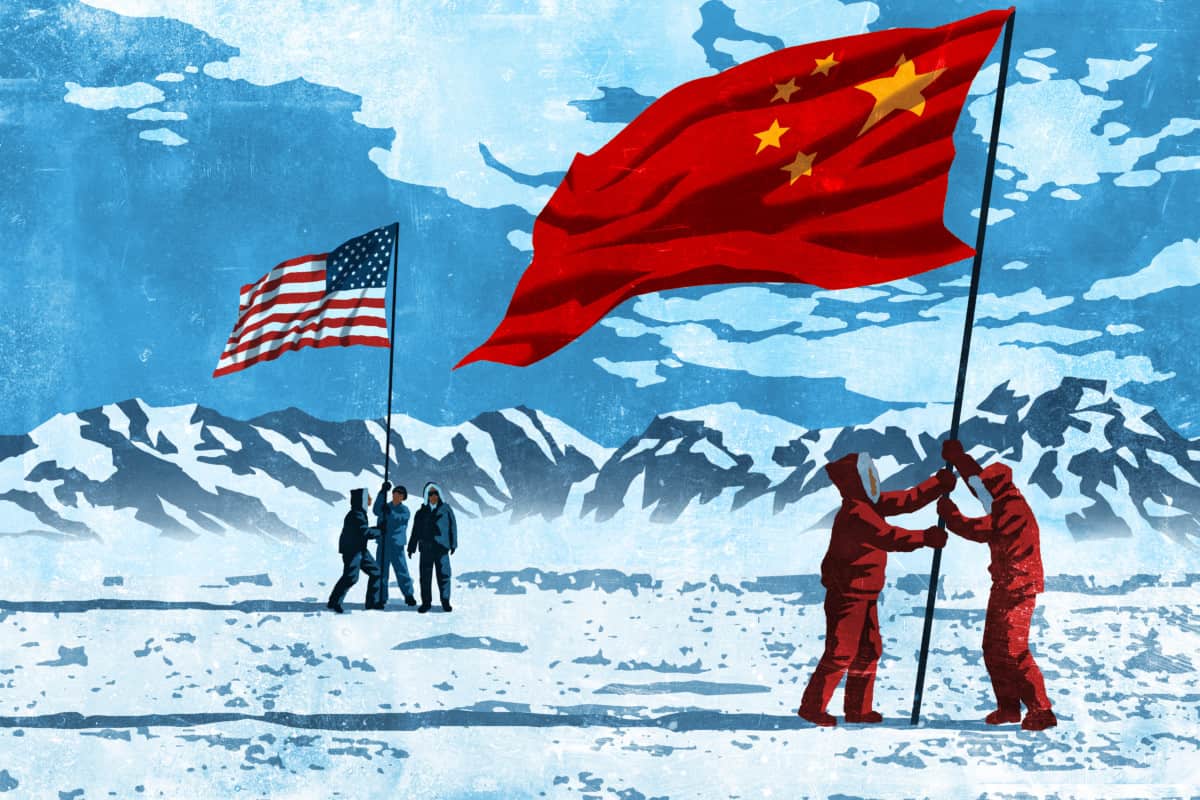
Pole Position
In public, Chinese diplomats and climate negotiators stridently deny that they see any link between climate change and geopolitics. But as Eyck Freymann reports for the third part of our “Warming War” series, there is a deeply cynical consensus within China’s academic and policy communities that climate change creates geopolitical opportunities that China can exploit — and must exploit before its rivals do. Greenland, as our cover story this week shows, was the proof of concept for this strategy. And it caught the U.S. flat-footed.
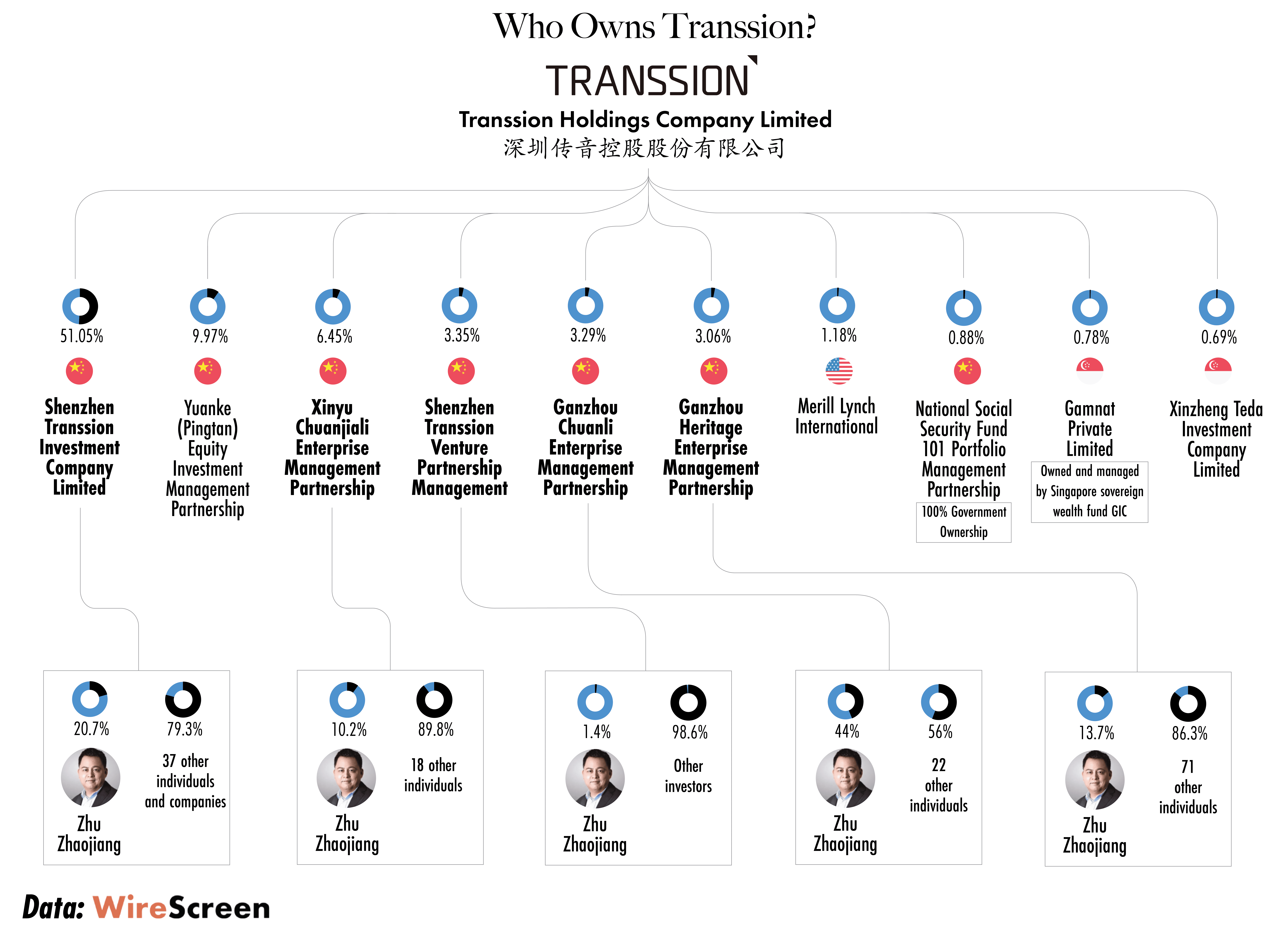
The Big Picture: Transsion’s Triumph
Chinese phone manufacturer Transsion has become a major player in the global mobile phone market all without selling a single product in China. The affordability and specialization of Transsion products for consumers in the Global South, particularly in Africa, have helped propel the Shenzhen-based company to international stardom.This week, infographics by Garrett O’Brien look at Transsion’s monumental growth, unique marketing strategies and future growth potential.
A Q&A with Jörg Wuttke

Jörg Wuttke is currently serving his third term as President of the European Union Chamber of Commerce in China, a role in which he has become known for his frank views on the local business and economic scene. In this week’s Q&A with Andrew Peaple, the longtime China resident talks about China’s self-inflicted problems; how he gets away with being so outspoken; and why he believes in China’s comeback gene.
Jörg Wuttke
Illustration by Lauren Crow

BGI Shakes Up Sequencing
BGI’s American subsidiary has just been cleared to sell genome sequencers in the U.S. — a move that will increase competition with their rival Illumina while also raising privacy concerns from the U.S. government. Scientists have lauded the entrance of BGI sequencers to the American market, hoping that it will lead to a decrease in price for sequencing services; however, as Garrett O’Brien reports this week, this entrance may impact more than just scientific innovation.
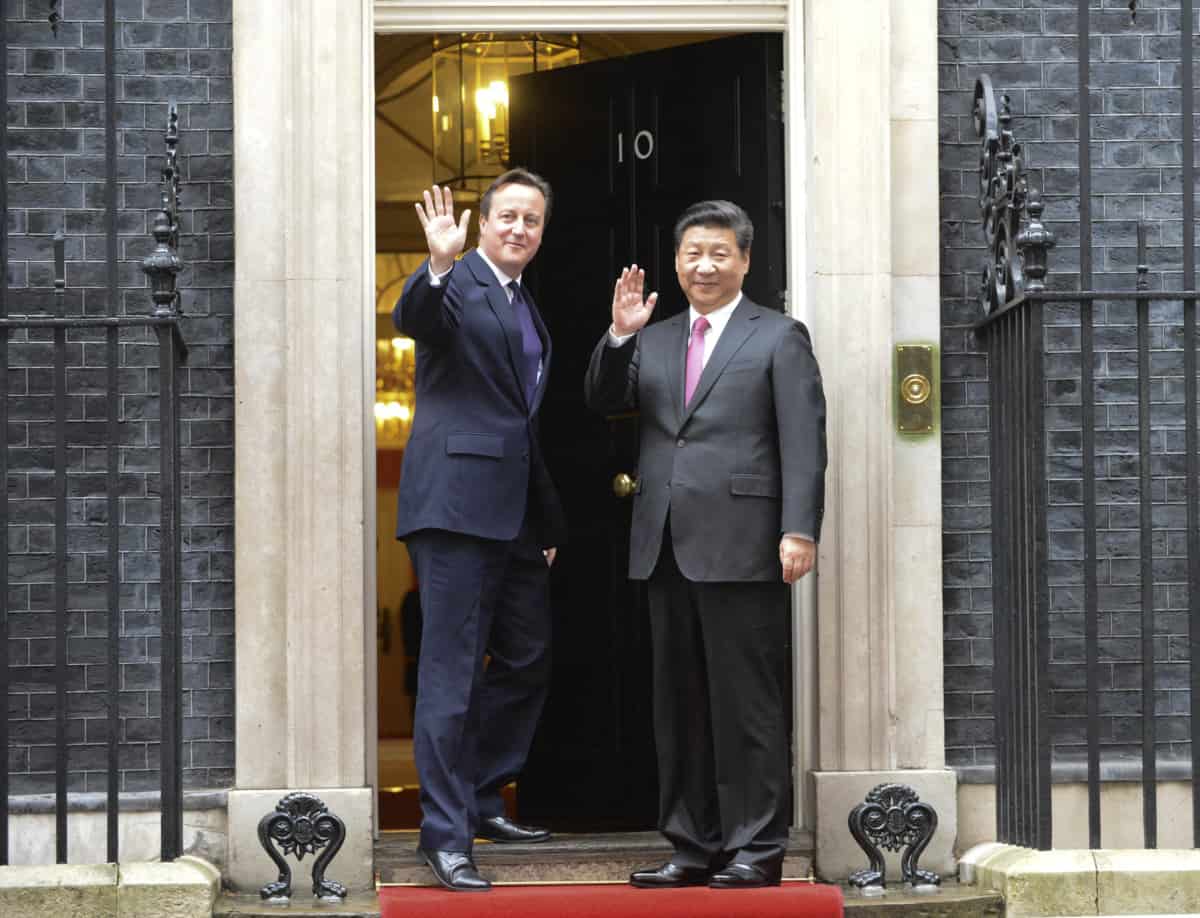
A Second Era for UK-China Relations
For the second time in a decade, the British Government finds itself asking what sort of relationship it wants with the Chinese Communist Party and the PRC. In this week’s op-ed, Sam Hogg, the founder and editor of Beijing to Britain, a weekly briefing on UK-China relations, looks at how the UK’s new hardline stance on China is affecting the race for the next Prime Minister.
Subscribe today for unlimited access, starting at only $19 a month.

